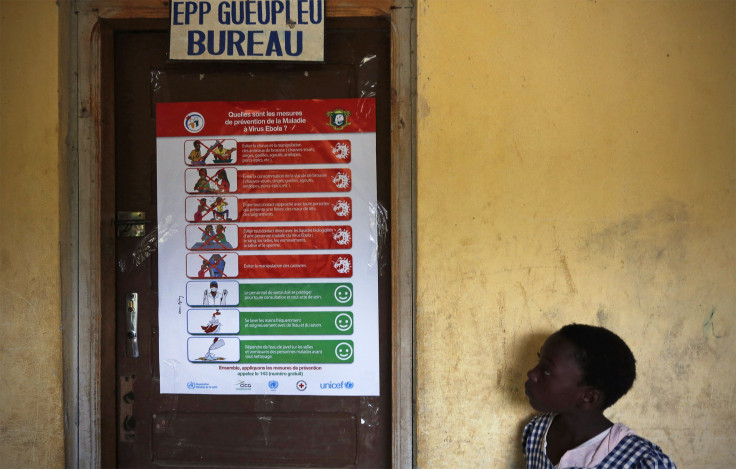Ebola In West Africa: Stopping Future Outbreaks Requires Building Health Care Systems From Ground Up

Preventing future Ebola outbreaks in West Africa will require more than vaccines and an infusion of skilled health workers; it will involve a complete overhaul of the region’s fractured health care systems, health experts have said. Billions of dollars in international aid is being used to jump-start more permanent health care efforts in Guinea, Liberia and Sierra Leone, three countries that have, on average, just one doctor per 100,000 people, according to NBC News.
“We hope for kind of a Marshall Plan for West Africa,” Daniel Bausch, an associate professor in the department of tropical medicine and section of infectious diseases at Tulane University in New Orleans, told NBC. “These countries that [have] been through years of civil war” have seen their health care systems decimated, he said. Health personnel are in short supply, and many people in the countries affected by the ongoing Ebola outbreak often treat their sick at home instead of seeking medical treatment from professionals, partly because the population does not trust professional health workers.
U.S. President Barack Obama asked Congress last week for over $6 billion in federal aid to Africa -- six times what the U.S. has already pledged. Part of that would go toward immediate Ebola eradication efforts, including putting more health workers on the ground. Some would help fund more permanent solutions to stopping Ebola. “This is an opportunity for Congress and this administration to continue our work together to provide the additional resources needed through appropriations efforts in order to be responsive to the resource needs on the ground and here at home,” a White House spokesperson said.
More than 13,200 people have been infected with Ebola in West Africa since March. More than 5,280 of them have died, according to the World Health Organization. Health officials said in October that more than 5,000 health workers are still needed to combat Ebola. "We'd just like the international community to continue to see this as a global threat -- that stigmatization, exclusion, restriction is not the appropriate response to this," Liberian President Ellen Johnson Sirleaf said.
© Copyright IBTimes 2024. All rights reserved.












